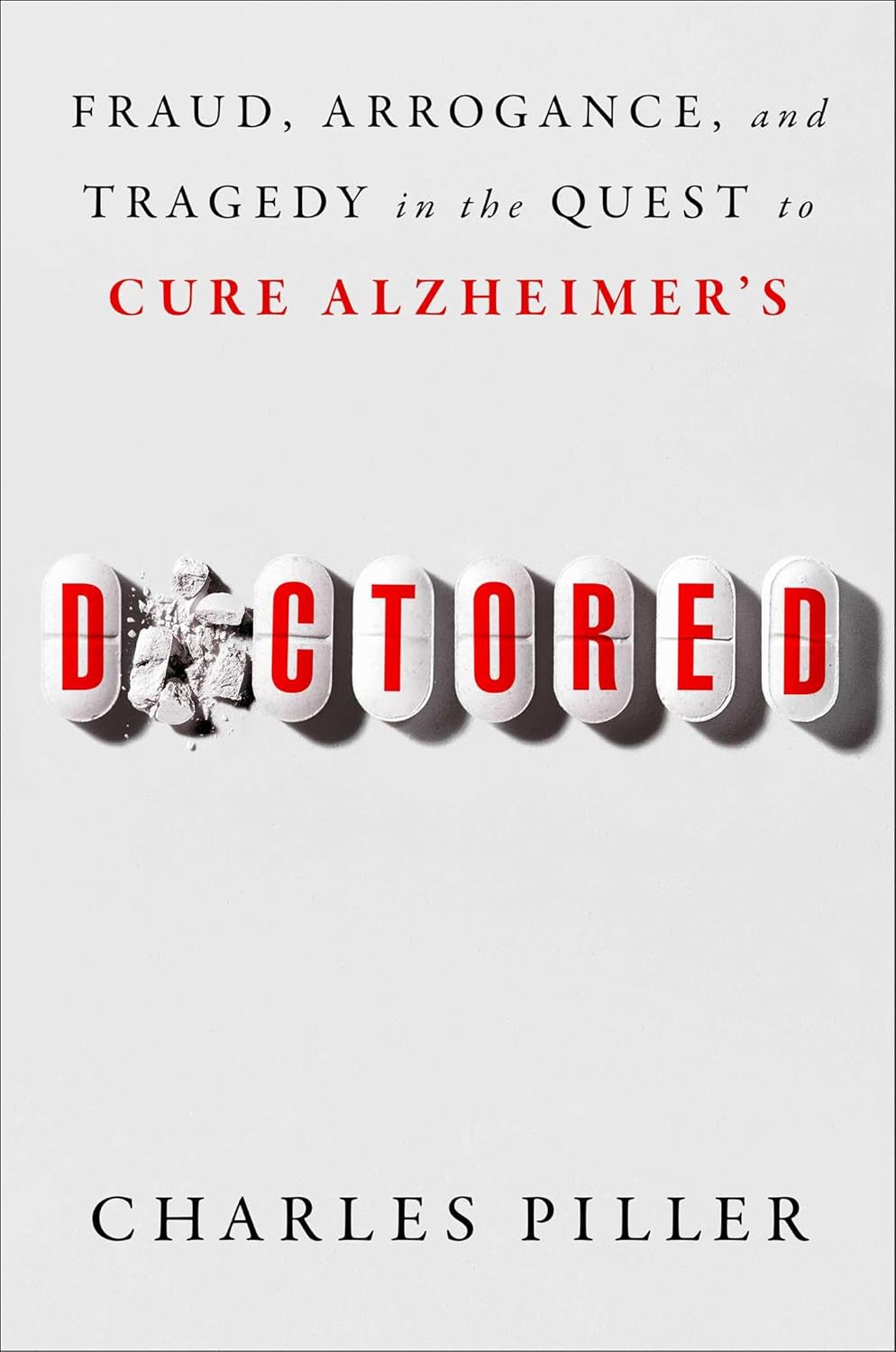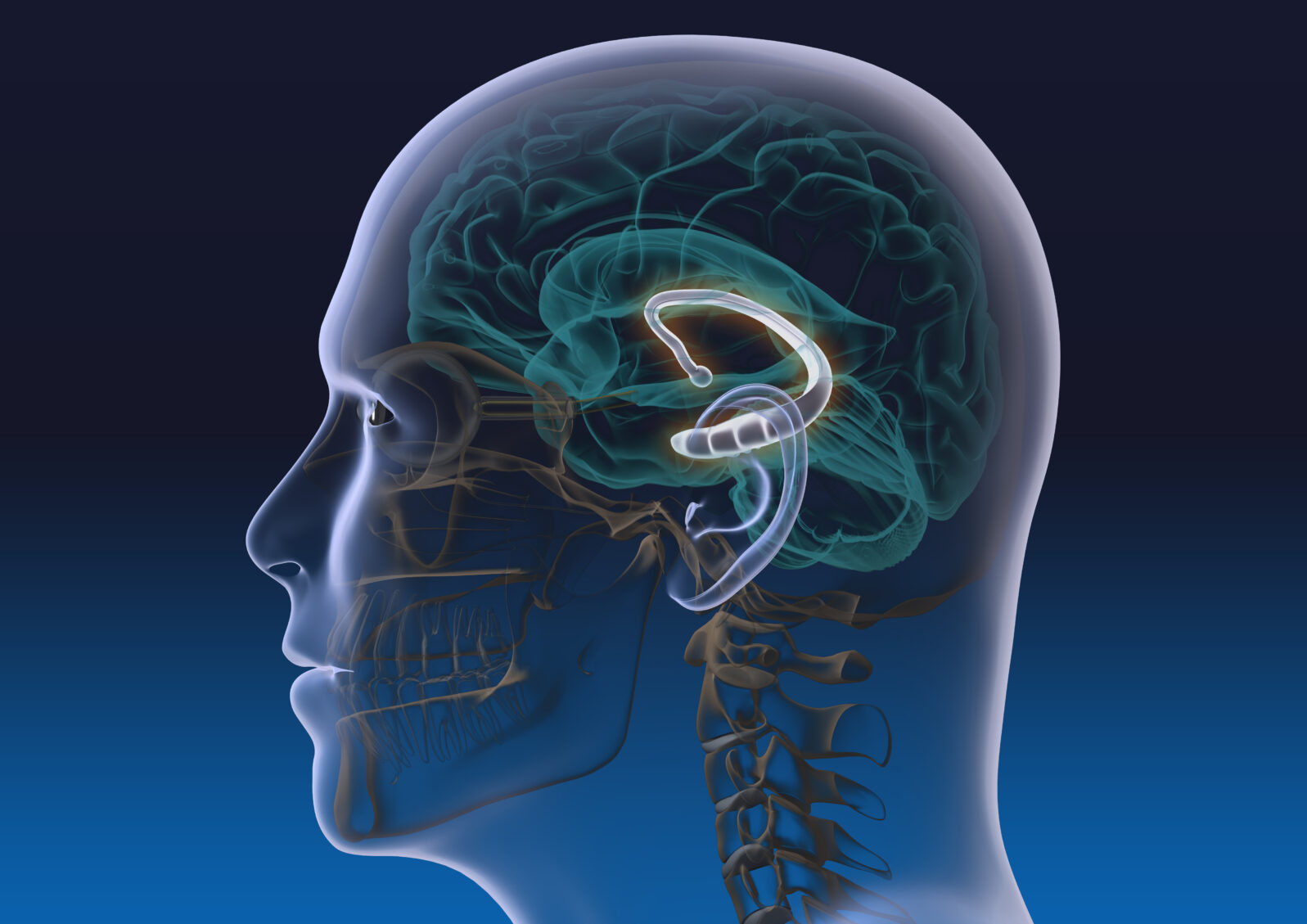Fallout From Alzheimer Research Failures: Does Anything Work?
Other research suggests that treating poor oral health, vision loss, and hearing loss might delay or reduce the effects of cognitive declineA recent book, Doctored (Atria 2025) by Charles Piller, an investigative journalist for Science, offers a depressing thesis about research into Alzheimer syndrome, the leading cause of dementia in old age:

Piller uncovers evidence that hundreds of important Alzheimer’s research papers are based on false data. In the process, he reveals how even against a flood of money and influence, a determined cadre of scientific renegades have fought back to challenge the field’s institutional powers in service to science and the tens of thousands of patients who have been drawn into trials to test dubious drugs. It is a shocking tale with huge ramifications not only for Alzheimer’s disease, but for scientific research, funding, and oversight at large.
Indeed. As we noted last year, leading dementia studies’ images were found to have been falsifed, which means that many years of followup research has been wasted.
Does anything really help reduce the severity of dementia? As we come to terms with fraud in science, we do have at least some clues about commonsense factors that can probably reduce the severity of dementias, including Alzheimer. Here are three of them:
Good dental hygiene
Last winter, a dental researcher warned at Newsweek of the link between bad oral health and dementia:
Numerous studies have shown that individuals with poor oral health are more likely to develop this disease, but exactly how they are linked has remained unclear. In a recent umbrella review, published in the journal Aging Research Reviews, researchers from the National Yang-Ming Chiao Tung University in Taiwan gathered data from 28 systemic reviews to clarify which factors were involved in these associations and how they might be used to inform evidence-based clinical advice in the future.
“Most systematic reviews consistently concluded on the role of oral microbiome (the ‘ecosystem’ of the oral micro-organisms) in dementia,” Chia-Shu Lin, a professor in dentistry and lead author on the study, told Newsweek. “The evidence is concluded both from animal and human studies. The association between periodontitis (one of the major gum diseases in adults) and dementia was also consistently reported by previous reviews.”
Pandora Dewan, “Dentist Warns of Link Between Not Brushing Your Teeth and Dementia,” January 12, 2024. Here’s the paper.
 Image Credit: Alex -
Image Credit: Alex - Gum disease bacteria have been found in the brains of Alzheimer victims at autopsy.
Sound far-fetched? The roots of the upper teeth lie pretty close to the two hippocampi of the brain, which play a key role in memory. A study promoted by the American Academy of Neurology noted,
Taking good care of your teeth may be linked to better brain health, according to a new study. The study found that gum disease and tooth loss were linked to brain shrinkage in the hippocampus, which plays a role in memory and Alzheimer’s disease. The study does not prove that gum disease or tooth loss causes Alzheimer’s disease; it only shows an association.
American Academy of Neurology. “Taking good care of your teeth may be good for your brain.”,” ScienceDaily, 5 July 2023.
And, of course, as Lin also told science writer Pandora Dewan, people with dementia are more likely to neglect practices that are important to good physical and mental health:
“With dementia, patients deteriorate in self-caring ability,” Lin said. “For example, patients with Alzheimer’s disease would feel difficulty in brushing their teeth, which further exacerbates oral health and cognitive function—such a deterioration in self-caring behavior may induce a ‘vicious cycle’ that exacerbates one’s already poor health in general.
“Not Brushing Your Teeth” The paper is open access.
Other dental health studies have pointed in the same direction. Two other factors linked to increasing severity of dementia are sight and hearing loss.
Dementia and poor eyesight
Deteroriating vision was one of 14 factors identified by a Lancet commission in 2024 as contributing to dementia.
As Healthline reports,
A 2023 research review found that visual impairment is actually associated with an increased chance of dementia. In fact, people with visual impairments had a 60% higher chance of developing dementia or other cognitive impairment.
However, the nature of the causal relationship between cognitive loss and vision loss isn’t completely clear. More research is needed to determine whether vision loss could cause cognitive loss or vice versa, or if both are affected by other factors.
Sian Ferguson, “How does dementia affect eyes and vision,” August 16, 2024
Untreated deteriorating vision would reduce contact with the world, leading to poorer functioning, quite apart from brain changes that may affect vision.
Dementia and poor hearing
It’s much the same with hearing loss. At Medical Xpress, Stephanie Baum reports,
Existing research shows a link between hearing loss and the risk of dementia, and a new study adds to growing evidence that vestibular loss can increase dementia risk as well. Results from this work, by a team from the Korea University College of Medicine, are published in Scientific Reports …
These results, which indicate that vestibular loss might raise dementia risk, are consistent with those of at least five other studies between 2013 and 2022. Results from one of those studies point to a link between loss of different cognitive areas and saccular vestibular and bilateral semicircular canal loss. Another study reports significantly diminished hippocampal volume (important for memory processing) among patients with persistent bilateral vestibular loss.
“New large-scale study results add to evidence that vestibular loss increases dementia risk,” October 23, 2023 The paper is open access.
Findings to date don’t demonstrate a causal relationship but — as with poor dental health and vision loss — that may not be the most useful way to look at the problem. Untreated hearing loss, like untreated vision loss, reduces communication. That could certainly contribute to cognitive loss. An overall pattern of deteriorating physical health would in turn worsen cognitive issues.
Perhaps, instead of seeking a single pattern of cause and effect, we should look at an overall combination of cognitive decline and health neglect — many elements of which are reversible in principle.
Next: Some surprising contributors to early onset dementia
